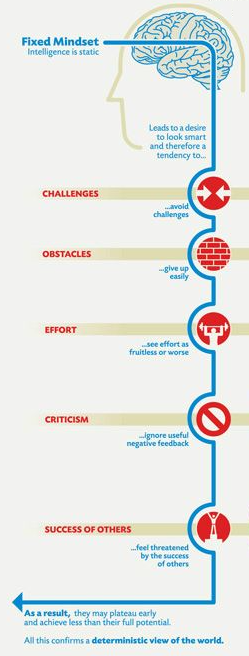I was taking care of some things around the house the other week and out of nowhere the 80s classic rock song Got My Mind Set On You, by George Harrison, popped into my head. Of course I started singing out loud and bopping along to the catchy refrain. No my dance moves did not resemble the Carlton (a la Fresh Prince of Bel-Air). As the refrain of the song rolled across the ticker board in my brain (that catalogs my continuous stream of thinking), I thought "This it definitely blog worthy". So here it is!
So what does 80s rock have anything to do with mental health?
When people come in they often talk about being stuck. And as they open up about their stuckness and what is troubling them. Patterns of thinking present themselves as they let me see their internal ticker boards. Yep, I think we all have them. The question lies not in do we each have one, but rather what appears on them? Here are just some of the things I have seen (aka. heard):
I shouldn't be so anxious.
I need to do better.
I can't do better.
I'll never learn how to do this.
I should have gotten the promotion.
This shouldn't be so hard.
I shouldn't have to try so hard.
Things are never going to get better.
This is to tough, I am never going to figure it out.
I am not smart enough, a promotion will never happen.
S/he needs to stop making mistakes.
I can't do anything right.
I am a horrible parent.
I am a horrible child.
I am a horrible student.
She must respect me.
I am not worthy of respect.
Pretty tough to read here, let alone hear. The truth is, the more we repeat these thoughts to ourselves the more we begin to believe them. And this is were things begin to snowball in the wrong direction, because our mindset becomes fixed on false beliefs.
In Got My Mind Set On You, George Harrison sings about a love interest he is fixated on and how he is not going to give up..."I know if I put my mind to it. I know that I really can do it." You might think, wow - he must be quite smitten. Or ask, he has perseverance and positivity, what is so wrong with that? There is most definitely something to be said about the power of the human will, optimism, and self-belief. There is also something to be said when we get mired in a fixed mindset that is unhelpful for us. So how does having my mind set on you differ from having a fixed mindset?
A “fixed mindset” is one in which we assume that our character, intelligence, and creative ability are static givens which we can not change in any meaningful way. It further believes that success is confirmation of that inherent intelligence. Each outcome we experience becomes an assessment of how those givens measure up against an equally fixed standard. Standards which are undoubtably high, and often out of ours, let alone anyone's reach. With an intense focus on success, avoiding failure at all costs becomes a way of retaining a sense of being smart or skilled. With inevitable failure comes setback and the infrastructure of the individual psyche which was built on a fragile foundation comes tumbling down.
“And everyone who listens to these words of mine but does not act on them will be like a fool who built his house on sand. The rain fell, the floods came, and the winds blew and buffeted the house. And it collapsed and was completely ruined.”
One of the things that we do not hear in the song is how things play out for George. Did he win the affection of his love interest? If he didn't, how did he react? If it went awry we could easily pick another decade and listen to anything from Marvin Gaye (Heard it Through the Grapevine) to Adele (Someone Like You) to hear about the pain of it not working out. Or perhaps it did work out and listening to Diana Ross and Lionel Richie sing about an Endless Love would be more fitting. I am getting off track a bit, as this entry isn't about love interests. It is about understanding the affects of going through life living within the confines of a fixed mindset.
The study of mindset is something Carol Dweck, Ph.D. has devoted a great deal of time and energy to. The following illustration regarding her work provides further clarity of a fixed mindset in action.
So this brings us to the first point of reflection and asking the question, "Is this me?" or "Is this someone I know?"
A fixed mindset can result in someone giving up too soon or not even trying. Either way, living life with a fear (and belief) of not being good enough. This mindset often steers individuals clear of adversity. As you review this and reflect you might think, well I am not like that all the time. And you know what, you're right! Most people are not like this ALL the time. However, this is not an all or nothing situation. It is a spectrum and acknowledging where you are on it is an important first step.
We now reach our second point of reflection, "What can I do about it?"
We will explore and answer that question in the next entry on cultivating a growth mindset. Stay tuned!





